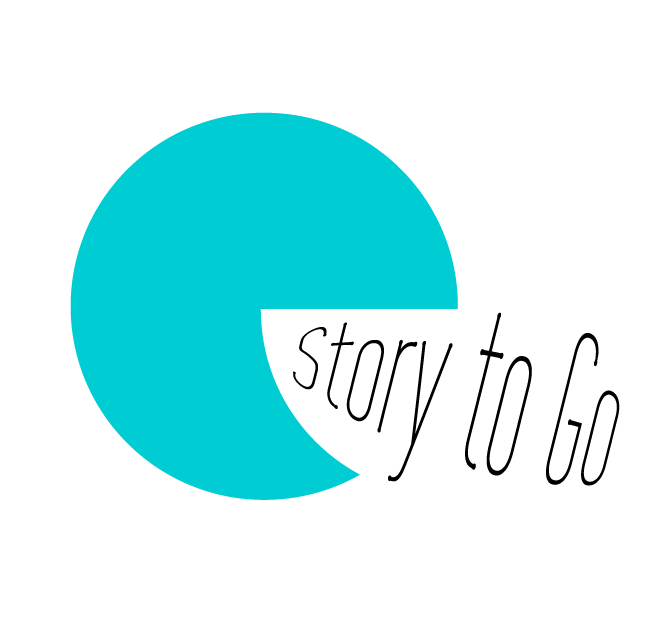Podcast Post-Production for Students
Because we thought no one was listening, we weren’t afraid to take stupid risks or make absurd choices. Turns out it resonated with people. You won’t figure out what your podcast is until you get it underway, even as much as you plan and plan. So go for it.
Matt Gourley, Earwolf Podcast Network
As we embark into post-production, Daniel Wang, the 2020 winner of The New York Times Learning Network Annual Student Podcast Contest, shares his production and post-production processes. While this is Daniel’s process, it is fine if your process is different. Most podcasters we know find their own process that works for them in how they create. For instance, while Daniel talks about conducting interviews over the phone, several podcasters these days conduct their interviews over video conferencing software. Zoom, for example, will record separate audio and video files for you and will even record individual speakers’ audio files separately.
Get Started Today
Post-production is exciting, as you are on the brink of a finished show. Be aware though, that when done properly, post-production requires time, focus, and creativity. Post-production has the potential to make or break a show and is usually the most time-consuming part of the production cycle. Seriously, for everyone, professional production studios included. Do not underestimate this and leave yourself lots of time for post-production, so as not to cause yourself undue stress and anxiety.

